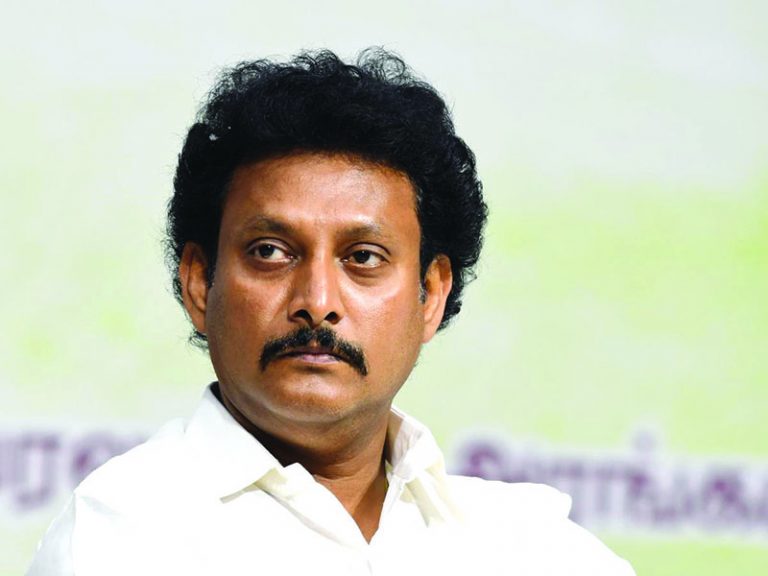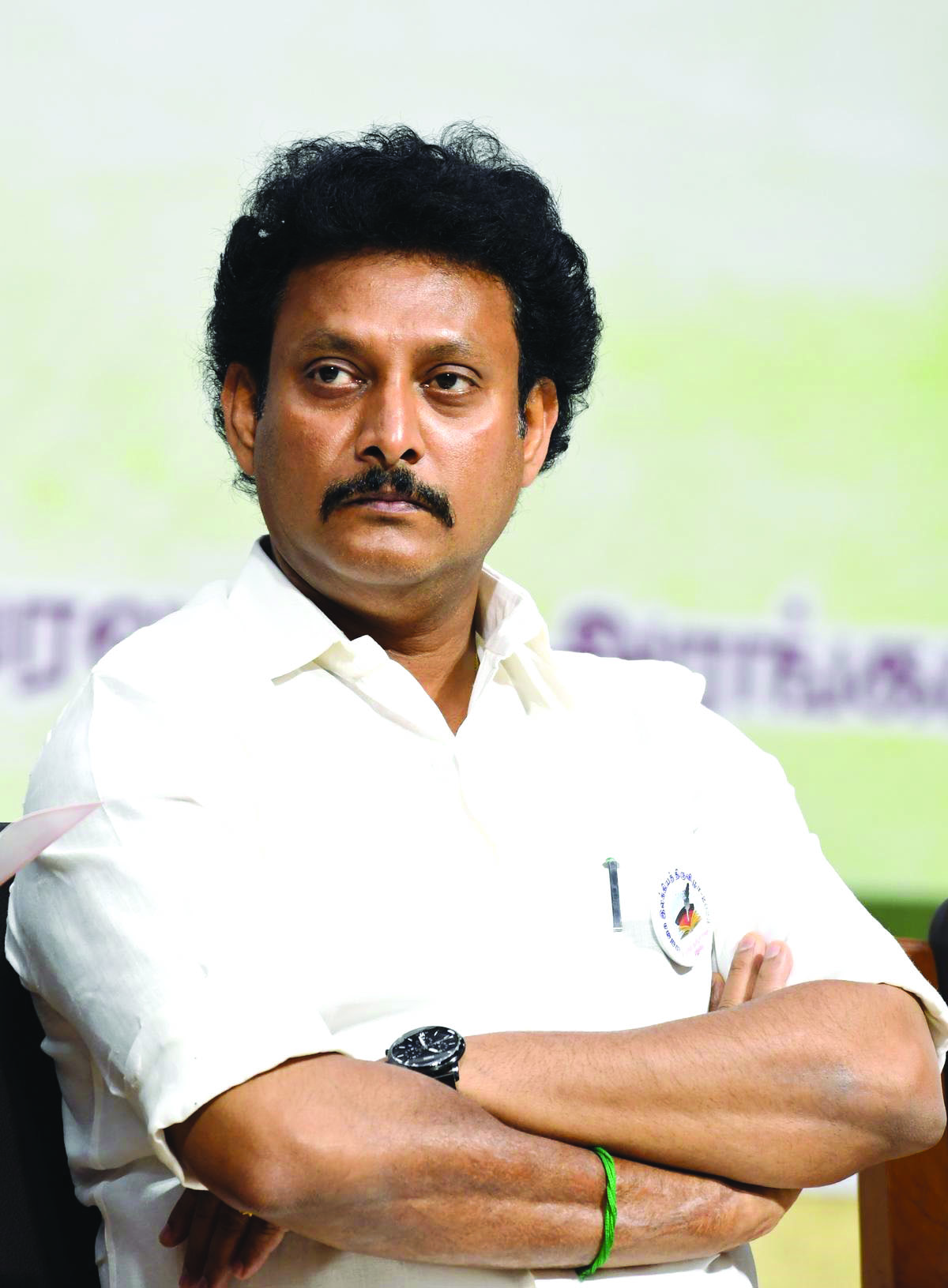Tamil Nadu: Persistent casteism
Shivani Chaturvedi (Chennai)
Despite Tamil Nadu having been ruled by anti-upper caste political parties for almost half a century, caste-based atrocities against Dalits — the lowest caste in the iniquitous Hindu varna system — have been on the rise in the state, particularly in primary-secondary schools. This paradox highlights the complex and deep-rooted caste prejudice in the state, despite efforts of successive administrations to eradicate it.
The ruling DMK party founded by CN Annadurai and later led by M. Karunanidhi, and currently his son M.K. Stalin has been consistently campaigning against religious orthodoxy, and promoting rationalism, social justice, and even atheism. DMK claims to have legislated several affirmative action laws to reduce social iniquities and provide scholarships to Dalit students. However, the spate of atrocities against Dalits indicates that legal and policy measures are insufficient to eradicate caste prejudices deeply embedded in social practices and mindsets.
On August 9 (2023), unprovoked violence against a Dalit student and his sister by classmates from an intermediate dominant caste in Nanguneri, Tirunelveli district, highlighted the persistence of caste violence at the grassroots level. This incident spurred new calls for more comprehensive education reforms, and societal intervention to uproot casteism in Tamil society.
Chennai-based educationists and social reform activists are unanimous that caste consciousness and bigotry need to be addressed and uprooted in K-12 education to eradicate caste discrimination in society more effectively. They argue for more content highlighting injustices of the caste system in school curricula. At a seminar organised by the State Platform for Common School System-Tamil Nadu (SPCSS-TN) on May 27, a resolution was passed to include lessons on promoting equality and fraternity to combat caste discrimination in education institutions. Speakers called for educating students about the historical and social contexts of caste discrimination to create empathy and awareness, encourage critical thinking about social injustices and promote constitutional and ethical values.
“It is not enough to include chapters in textbooks. School curricula should be designed to eliminate caste discrimination by multiplying content highlighting the iniquities of entrenched casteism. Academic bodies should re-cast syllabuses and assessment practices,” says Prince Gajendra Babu, general secretary of SPCSS-TN.
On June 18, a one-man committee headed by Justice K. Chandru, a retired Madras high court judge, submitted a report to chief minister M.K. Stalin and school education minister Anbil Mahesh Poyyamozhi. In the 610-page report, Justice Chandru called upon the state government to issue a directive to all schools statewide to prohibit students from wearing coloured wristbands, rings, or forehead marks indicative of caste.
“Despite these efforts, the entrenched nature of caste discrimination in society poses significant challenges,” says Dr. Sakthi Rekha, an educationist and social activist. “Incidents of caste violence and discrimination within schools reflect broader societal attitudes and behaviour emanating from beyond the education system. The persistence of caste-based atrocities highlights the need for multi-faceted initiatives that combine policy reforms with broader societal change.”
Against this backdrop, the Centre for Social Justice and Equity, funded by the Tamil Nadu government and based at the Madras School of Social Work, is developing a curriculum aimed at the eradication of caste, which will be presented to the state government “soon”. “From an academic or research standpoint, we refer to such incidents as afflicted polarisation. To address this, there’s need for a combination of policy changes including curriculum reforms. Within schools, there’s need to engage students by promoting sports and recreational clubs open to all children. Additionally, we will advocate specialised training for educational administrators on best practices to manage caste issues sensitively at the school level, including proper reporting and inquiry processes,” says Dr. Pavanandhi Vembulu, Director of the Centre for Social Justice and Equity.


















Add comment